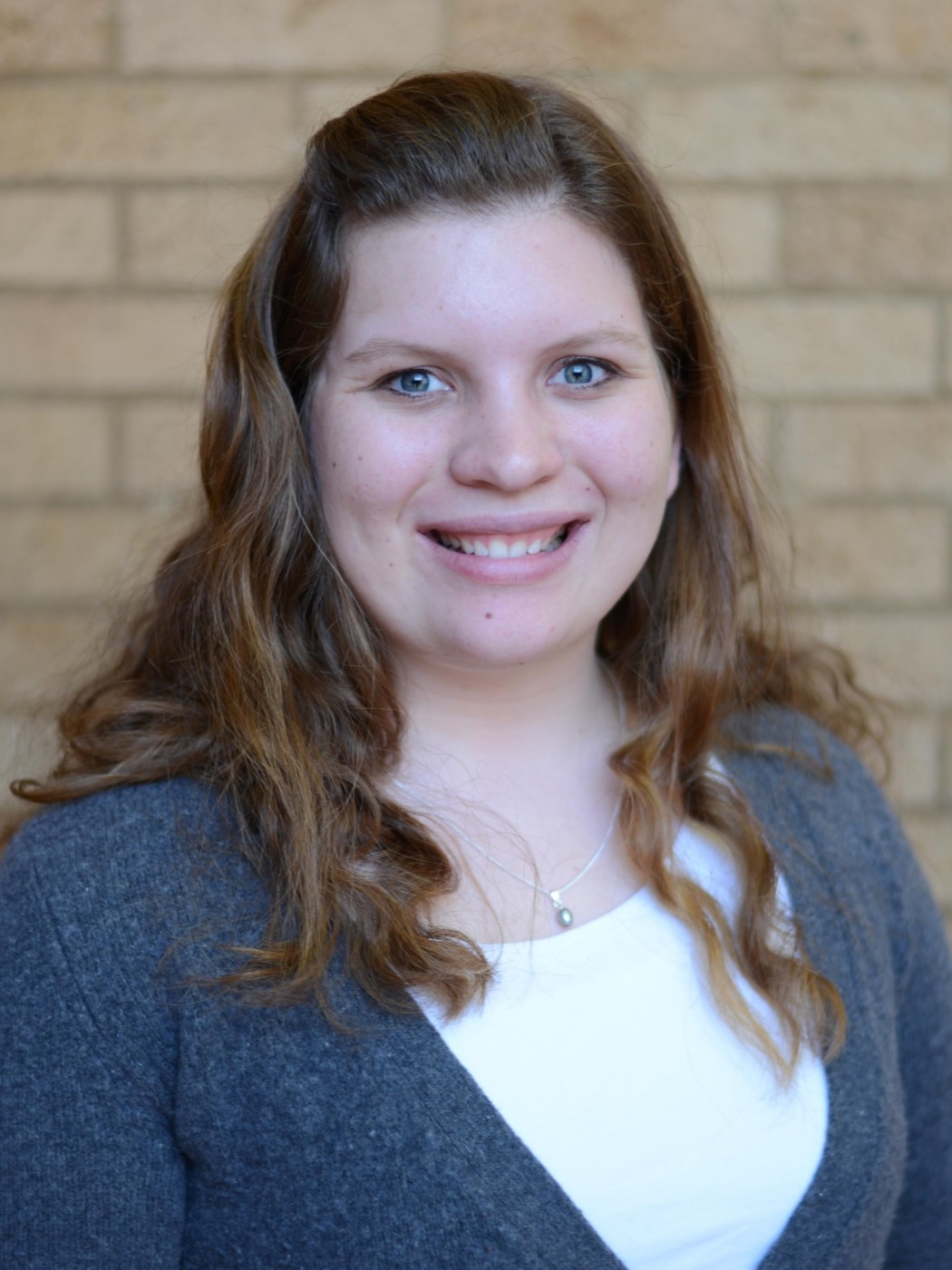The Real World
You know how in high school teachers and other adults would refer to anything outside of high school as the “real world?” And then once you get to college, professors refer to a full-time job when you graduate with a degree as the “real world?”
What’s up with that? As if the world I have been living in this whole time wasn’t “real.” I may have been sheltered going to high school in Utah. And to some that doesn’t seem “real.” But it was a real experience for me.
And college? That’s real. There’s nothing fake about this experience. It’s hard, it’s fun, and it gives you emotions that any person experiences with or without a college degree.
When I left my beloved Utah to go to Louisiana for a year and a half, I got the shock of my life. It was so different from out West, not just in landscaping, but in culture, public attitudes, and religious affiliation. Spending from 10 a.m. to 9 p.m. talking to people about their lives and beliefs and getting a solid dose of the human condition and the world–that was real. I have never seen so many people buy lottery tickets, beer, and cigarettes than I have in my life. I’ve never seen so many different views and opinions about life, an afterlife, and religion in general. There was suffering as well–people who had made poor choices and were living with the horrible consequences. People were in poverty, people were rich. Some were in the military and had gone through several tours in either Iraq, Afghanistan, or both.
For some of the high school and college critics they would say that this experience was “real.” That even though I was doing missionary work, I was experiencing the “real world.” I agree. I saw what the “real world” is like from that perspective. However, I’d like to argue that I’m experiencing the “real world” now too. I experience rejection and uncertainty now. I see people go through hard experiences. I see them reach wonderful life, educational and career milestones. Life doesn’t become life once you get a full-time job with benefits, or when you have an apartment or home all to yourself, or when you’re married, or have children. It doesn’t even begin when you travel around the world on a paid vacation, or just for a job.
The “real world” starts with birth. Unless you’re living in a virtual reality (which is not hard to do thanks to video games and social media), your experiences are real. The world you live in with the variations of community, education, experience, and family are real and they’re your world.
One of the things that really gets my goat is when people say, “When you get out in the real world, you’ll know what I mean.” Wow. Thanks for undervaluing my experiences and what I do know. Just because some experiences or decisions have been withheld from me, or haven’t come yet, doesn’t mean that what I’ve experienced so far is invalid. It also doesn’t mean that I don’t know what I’m talking about.
I repeat. The real world, and life as we know it, doesn’t begin when you’re middle-aged with years of life experience, or job experience, under your belt. I’m convinced that once I graduate (which would literally be a dream come true, by the way), that life will be like it has always been. Sure, I’ll have to make some adjustments, but I will still be working, I will still be learning, I will still go grocery shopping and do laundry. Some things won’t change. I will probably still hang out with friends and watch the same T.V. shows. I will hopefully have more money so I can travel and experience more culture, but I’ll still be me. That “real world” will still be just as real as this college “real world.”
— Marissa Neeley is junior studying history education. She’s loves life and trying out new things.
marissa.neeley@aggiemail.usu.edu


Please define the phrase “real world”, because I do not know what that means.